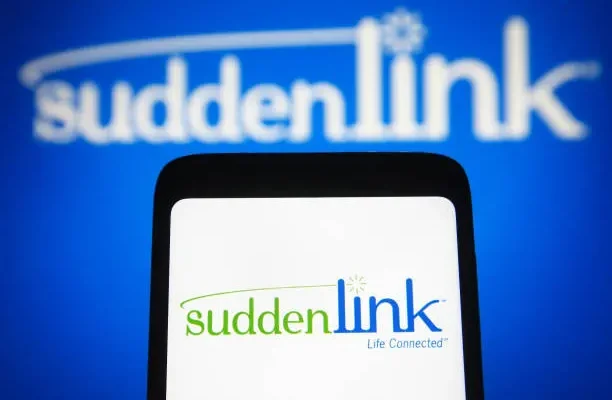Cash-Out Refi vs. Home Equity Loan: What You Need to Know

When it comes to borrowing against the equity of your home, you typically have two options: a cash-out refinance or a home equity loan. These financial tools serve different purposes, and understanding the key differences can help you make an informed decision.
Cash-Out Refinance
A cash-out refinance allows homeowners to replace their existing mortgage with a new loan for more than they currently owe on their home. The difference in the mortgage principal is paid out as cash, which can be used for various purposes such as renovations, consolidating debt, or financing large purchases.
Pros:
1. Lower interest rates: Cash-out refinances usually have lower interest rates than home equity loans because they’re considered first mortgages.
2. Potential tax benefits: Mortgage interest may be tax-deductible if you itemize deductions on your income tax return.
3. Consolidate debt: You can use funds from a cash-out refinance to consolidate high-interest debt, potentially saving money on interest payments over time.
Cons:
1. Closing costs: When refinancing, you’ll typically have to pay closing costs amounting to 2-6% of the loan amount.
2. Longer repayment period: Extending the term of your mortgage could mean making payments for longer and paying more in interest over time.
3. Potential loss of equity: By taking cash out of your home, you’re reducing the equity you have built up over time, which could affect your ability to sell or refinance in the future.
Home Equity Loan
A home equity loan is a second mortgage that provides a lump sum of money based on the equity in your home, which can be used for various purposes. This type of loan has a fixed interest rate and fixed monthly payments over a predetermined period (usually 5-15 years).
Pros:
1. Fixed interest rate: Home equity loans generally have fixed interest rates, so your monthly
payments won’t change over time.
2. Lump sum payment: You receive the entire loan amount upfront, making it easier to budget for large expenses.
3. Potential tax benefits: Like with cash-out refinance, interest paid on a home equity loan may be tax-deductible if you itemize deductions on your income tax return.
Cons:
1. Higher interest rates: Home equity loans tend to have higher interest rates compared to cash-out refinances since they are considered second mortgages.
2. Additional debt: Taking out a home equity loan means you’ll have two separate mortgage payments each month, which could strain your budget.
3. Foreclosure risk: Failure to repay your home equity loan could lead to foreclosure since it is secured by your home.
Conclusion
When deciding between a cash-out refinance and a home equity loan, consider factors such as interest rates, repayment terms, potential tax benefits, and the purpose for borrowing the money. Additionally, ensure you have a realistic plan for repaying the money and maintaining financial stability. Consult with a financial advisor or mortgage professional to determine the best option for your unique situation.






